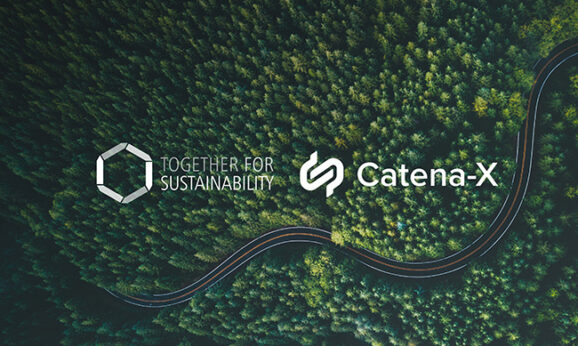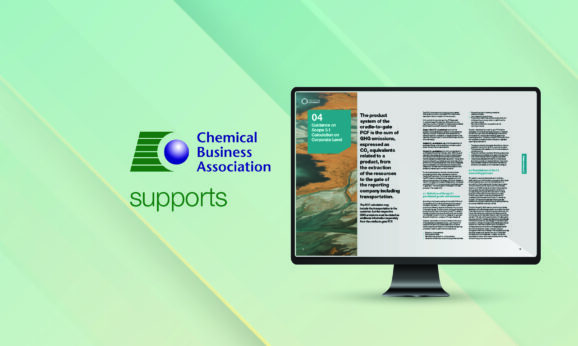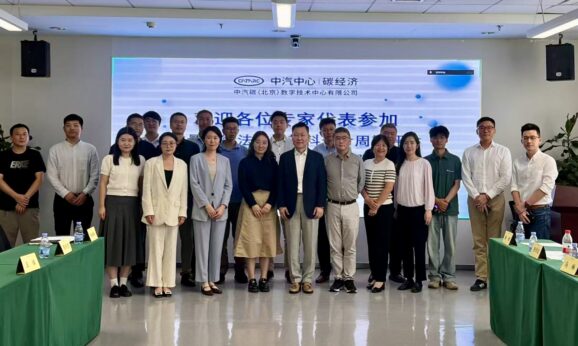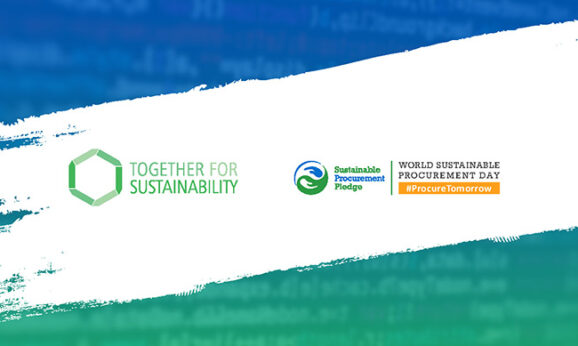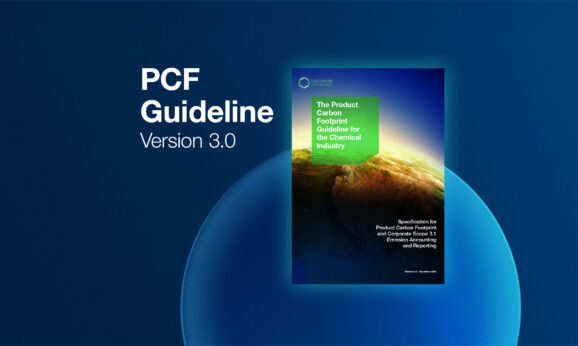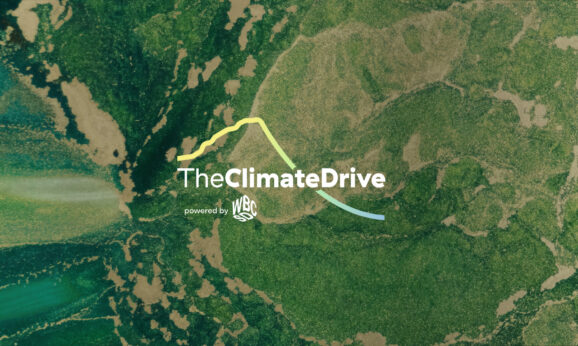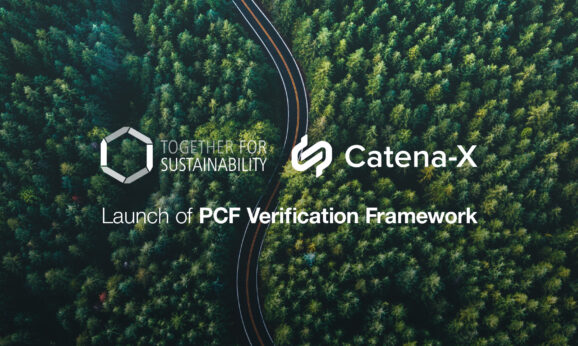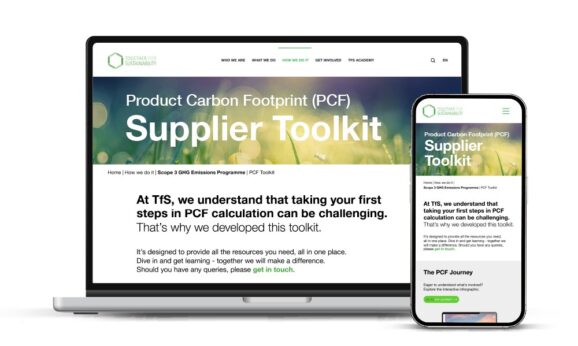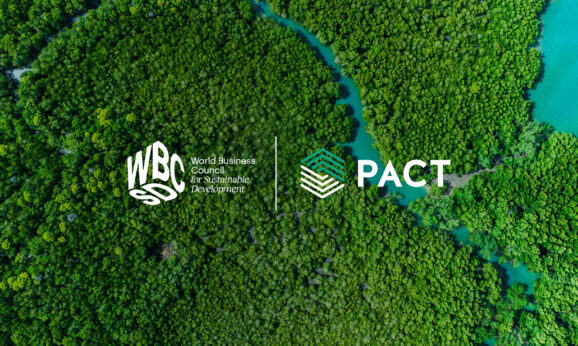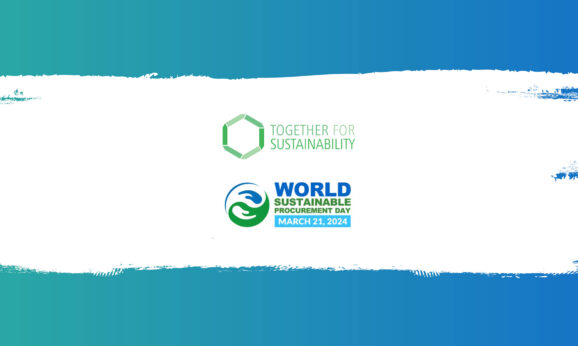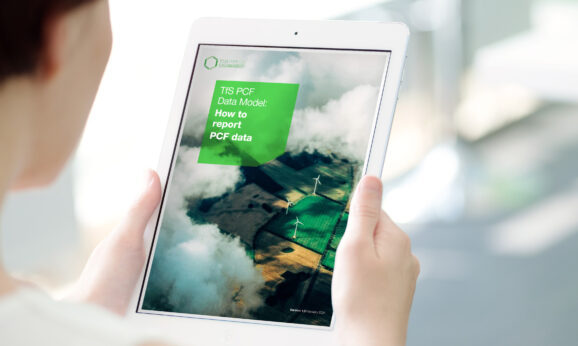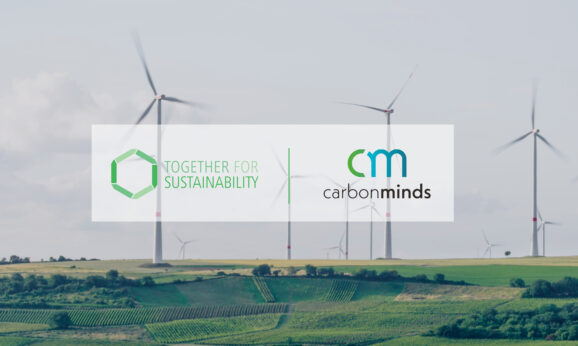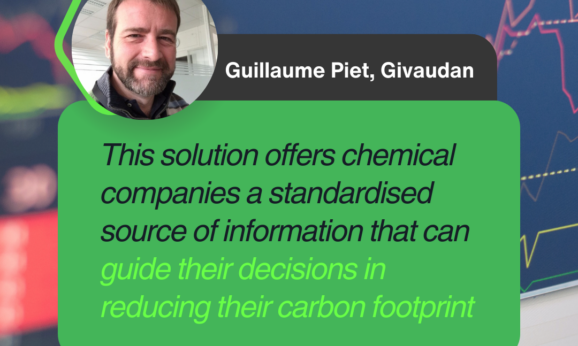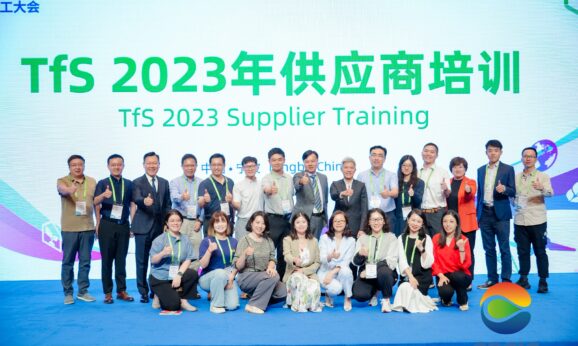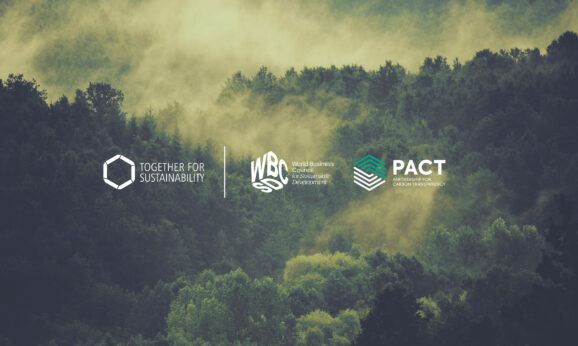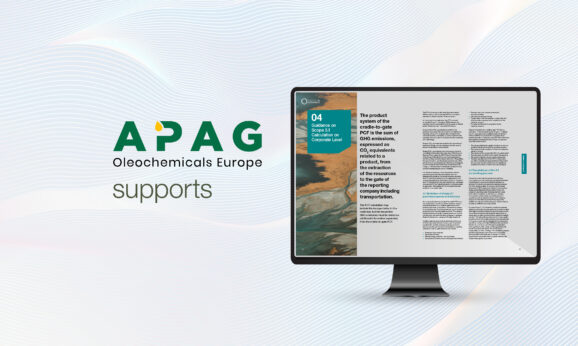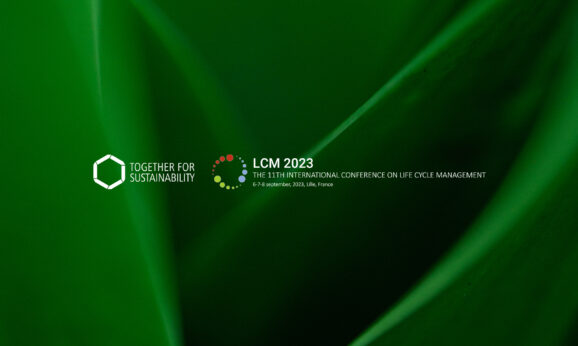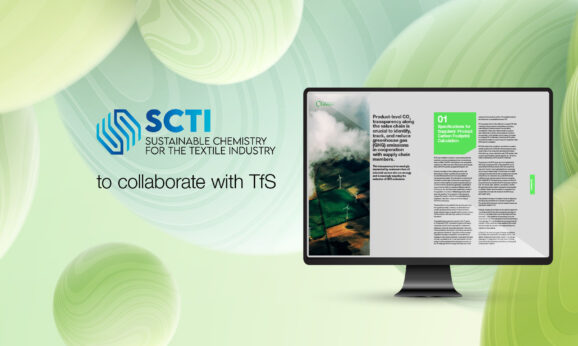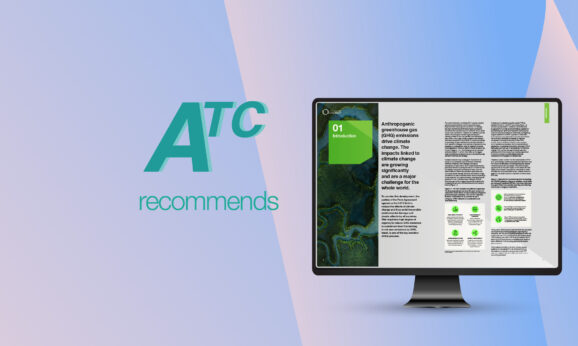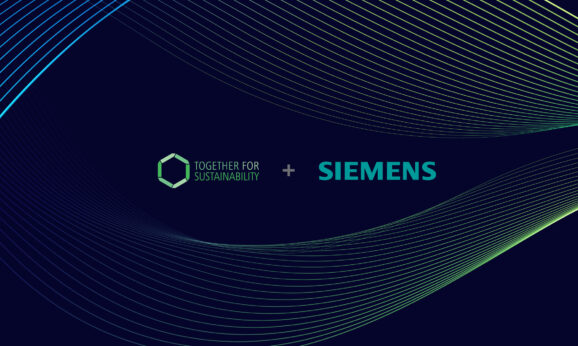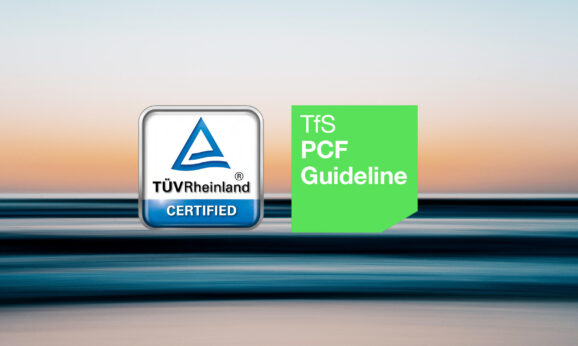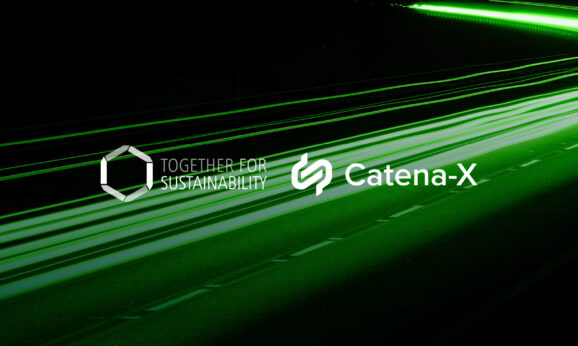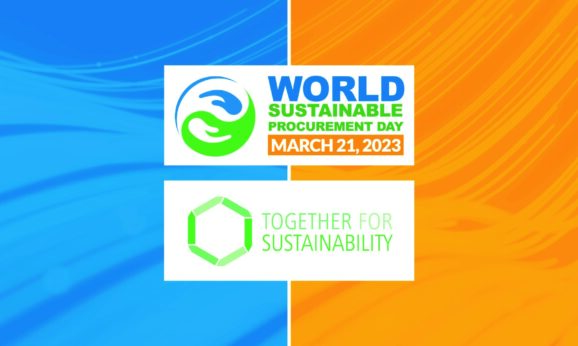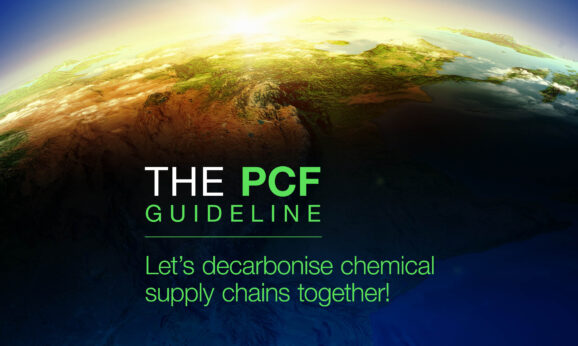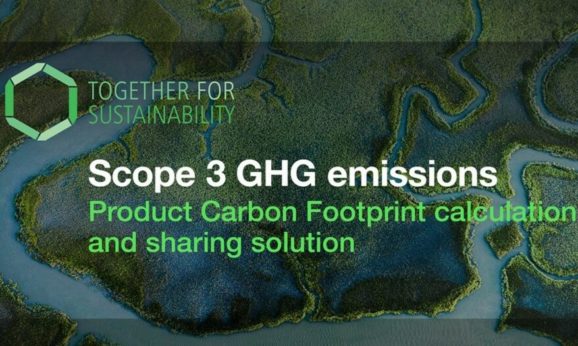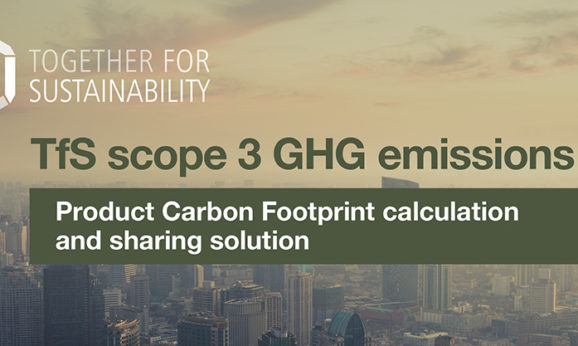TfS launches updated version (v3.0) of the TfS PCF Data Model to advance carbon transparency

TfS has launched version 3.0 of its Product Carbon Footprint (PCF) Data Model. This new release aligns with the recently updated TfS PCF Guideline v3.0 and marks a major step forward in enabling accurate, consistent, and interoperable carbon footprint reporting across the chemical industry and beyond.
Building on the foundational version launched in 2024, the TfS PCF Data Model v3.0 incorporates valuable user feedback gathered over the past year and introduces several significant enhancements to address evolving industry needs and emerging regulatory and stakeholder requirements.
What’s new in version 3.0?
- Alignment with TfS PCF Guideline v3.0: The new model mirrors the updated TfS PCF Guideline, ensuring seamless integration between methodology and data structure. This synchronisation simplifies reporting and strengthens trust in the shared data.
- Updated and introduced dedicated sections for key areas:
- Carbon Capture and Utilization (CCU): The section dedicated to CCU has been updated and expanded , in line with the growing role of CCU in climate strategies.
- Data Quality Rating (DQR): The section related to DQR has been updated and streamlined, ensuring alignment to the TfS Guideline v3.0, thus improving transparency and facilitating better-informed decision-making.
- Mass Balancing: A new section has been introduced to report information on mass balancing, a crucial feature as companies increasingly use recycled and bio-based materials in their products.
- Enhanced interoperability: Recognising the need for seamless data exchange and comparability across platforms and standards, the updated Data Model ensures convergence with the new WBCSD PACT v3.0 framework. This includes an updated field structure that separates the PCF contributions of biogenic sources and land management
- Scalability and digital integration: The updated model will be embedded into the PCF Exchange Solution powered by SiGreen, which has already enabled the exchange of thousands of PCFs for chemical products. This integration ensures that companies can immediately benefit from the new model in practice, scaling their carbon data operations efficiently.
A milestone on the path to decarbonisation
The update of the PCF Data Model reflects TfS’s commitment to continuous improvement, transparency, and collaboration. As with the original version – launched to support accurate and standardised carbon footprint data sharing – the v3.0 Data Model is a cornerstone in the global push for carbon emissions-conscious decision-making and value chain decarbonisation.
By fostering alignment with global frameworks and digital tools, TfS is helping to harmonise PCF accounting practices across industries, reduce duplication, and pave the way for widespread adoption of credible carbon footprint reporting.
More information:






